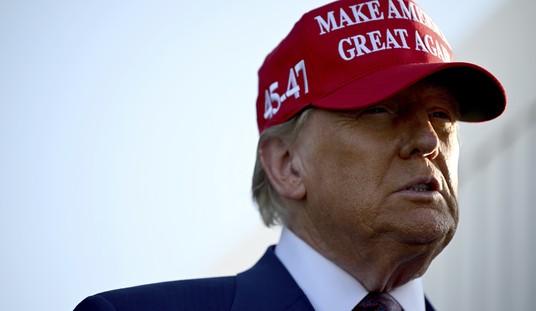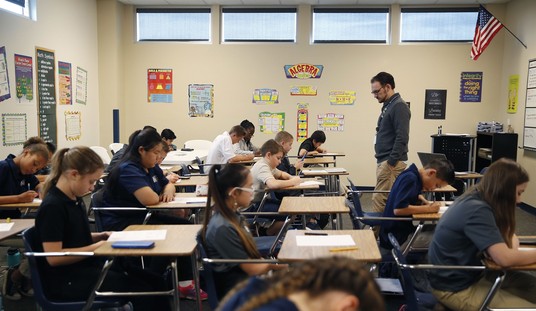It’s not often we get to hear Supreme Court justices talk about each other. With the untimely death in 2016 of Justice Antonin Scalia, we’ve been given that opportunity thanks to Yale Law Review. Three Justices wrote tributes in the April issue, including one who may surprise you.
The left demonizes Justice Scalia. That’s a common word for an ugly process, and in the case of Scalia it’s almost entirely literal: they have conjured him as a demon. But to those who worked with him, who say him and heard him and knew him, he was no monster. He was instead a deep and honest figure, consequential, tempestuous, and now missed.
Below are some excerpts of what his fellow Justices wrote. Do yourself a favor and find the time to read them in their entirety.
It is thus no surprise that Justice Scalia and I disagreed from time to time. (Good friends usually do.) And when we did, Nino pulled no punches. Take McIntyre v. Ohio Elections Commission, where we disagreed over whether the First Amendment protects anonymous distribution of political leaflets. I thought the anonymous speech was protected, based on Founding-era evidence. Nino disagreed, accusing me (and the Court) of “discover[ing] a hitherto unknown right-to-be-unknown while engaging in electoral politics.”
Although Nino’s impact on the inner workings of the Court is important, his greatest contributions by far go to the central question for all members of the federal judiciary: What is our proper role under our Constitution? Nino had clear answers. He was, in my view, the most theoretical Justice ever to sit on the Supreme Court. He had well-thought-out theories about statutory and constitutional interpretation, and he stuck to them.
His reputation was partly a product of his lively personality. He was consistently quick-witted and outspoken with his views, and sometimes even combative in his opinions and at oral argument. In particular, he used some of his most searing words when deciding constitutional questions that touch on those issues that currently vex us most as a country: topics such as euthanasia, abortion, gay rights, and the proper place of religion in public life.
Of course, Justice Scalia and I did not always agree on these most difficult of topics. But, I think the general public would be surprised to know just how frequently we did agree. By my count, we heard 430 cases together, and we ended up on the same side in 315 of them. Seventy-three percent is not inconsequential.
We are so political that we have this idea that Supreme Court Justices bicker like we do. Take the time to read these tributes and see how it is behind the scenes. If only the political left would join us in this realization. Let’s hope some of them do.














Join the conversation as a VIP Member